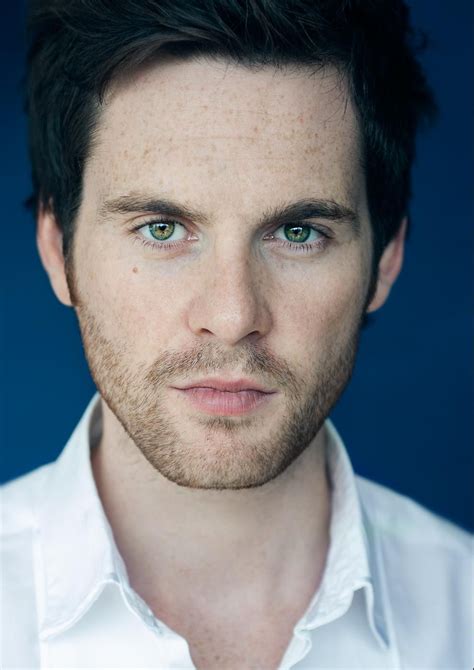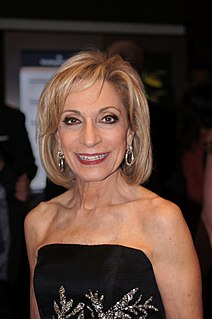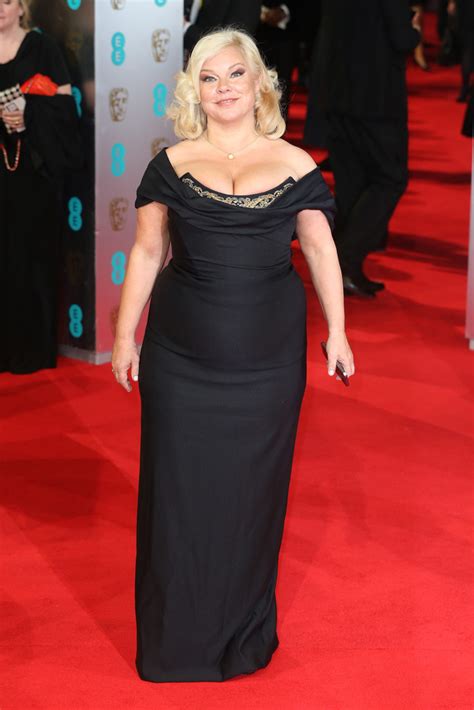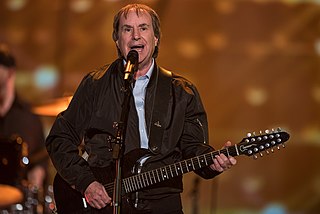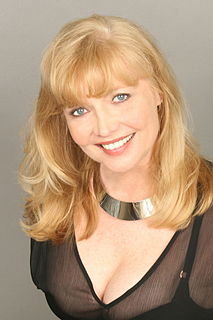A Quote by Miriam Margolyes
I studied English literature in university, and then I went straight into radio.
Quote Topics
Related Quotes
I went to university in the north of England at University of Birmingham to do an English literature degree, and I knew I could do extracurricular stuff with theater and drama. I started a theater company, called Article 19, and I did it with a bunch of friends. I wrote and directed plays. I had a radio show.
English is, from my point of view as an Americanist, an ethnicity. And English literature should be studied in Comparative Literature. And American literature should be a discipline, certainly growing from England and France, Germany, Spain, Denmark, and the Native traditions, particularly because those helped form the American canon. Those are our backgrounds. And then we'd be doing it the way it ought to be done. And someday I hope that it will be.
I went to university and studied English literature, and I forgot about music. I was gonna be a journalist. But then I decided to try and be a backing singer, and my mum was like, "Go for it." If that didn't work, I was gonna go to law school. I was just being boringly sensible; trying to be a singer felt a bit indulgent.
I'd studied English literature and American history, but the English literature, which I thought was going to be helpful to me in an immediate way, was the opposite. So I had to un-think a lot of things and move out of my own head, and I learned a lot. It was like graduate school, but an un-graduate school or an un-school.
I was nerdy girl who went to Catholic school and wanted to be an engineer. I was all set to attend the Illinois Institute of Technology. And then I took a hard left turn and studied Liberal Arts at Northern Illinois University, majored in Communications. Then worked in radio as a disk jockey and as the weather girl.


